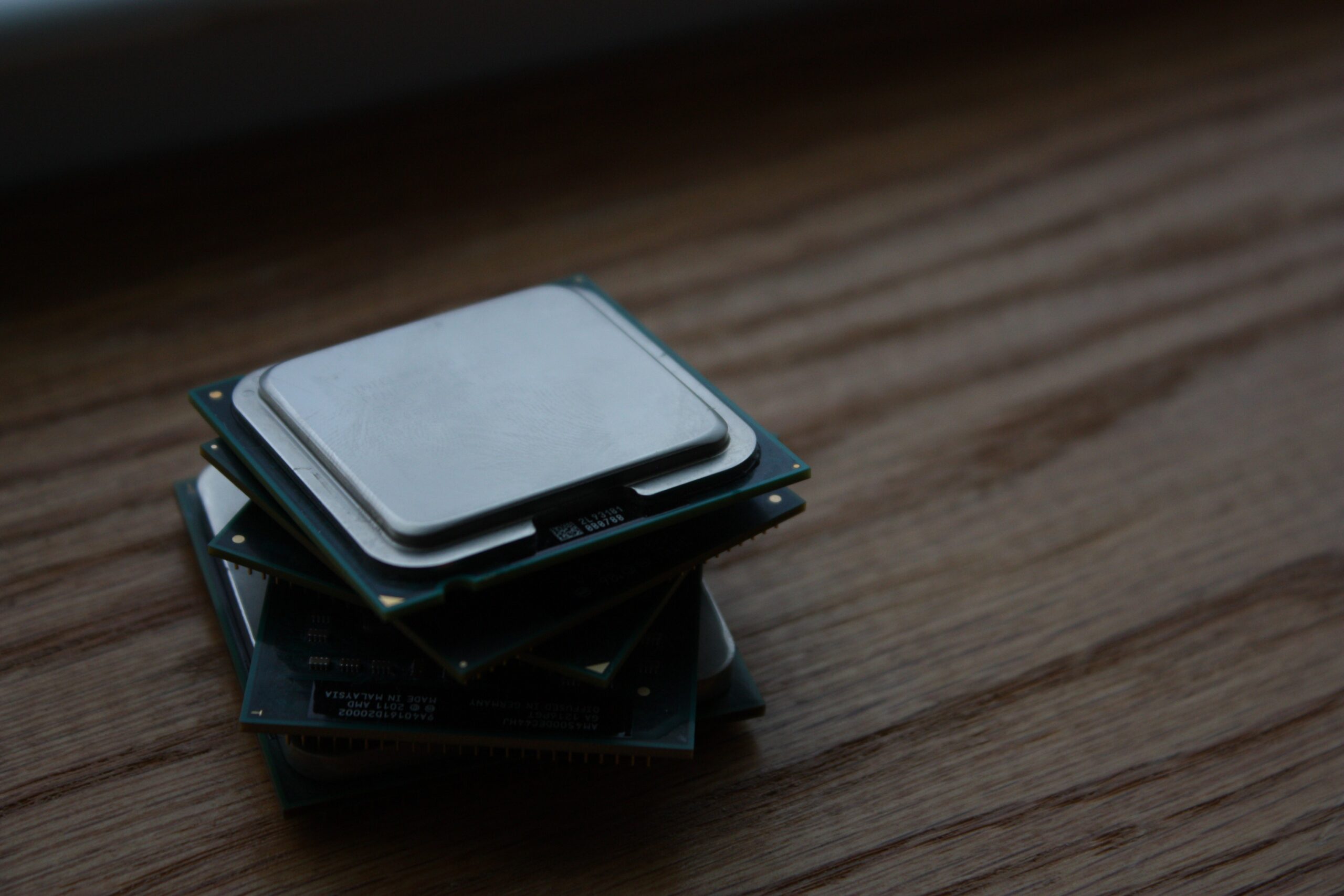Unlocking the Key Component
Streaming has become a ubiquitous part of the online landscape, enabling individuals to share their passions, gaming adventures, tutorials, and more with a global audience. While the graphics card (GPU) often takes center stage in discussions about streaming performance, the role of the central processing unit (CPU) in the streaming process is equally significant. In this blog post, we’ll delve into the question: Does CPU matter for desktop streaming? We’ll explore the various aspects of CPU performance that impact your streaming experience and help you understand its importance.
1. Encoding Power
One of the most crucial functions of your CPU during streaming is video encoding. The CPU is responsible for compressing your gameplay or content into a format that can be transmitted to streaming platforms in real-time. The encoding process can be resource-intensive, and the power and efficiency of your CPU significantly impact the quality and stability of your stream.
2. Software Compatibility
Different streaming software applications have varying requirements when it comes to CPU performance. Some may leverage hardware encoding (utilizing your GPU), while others may rely primarily on CPU encoding. It’s essential to choose a streaming software that aligns with your CPU’s capabilities to ensure smooth streaming.
3. Multitasking Abilities
Streaming often involves running multiple applications simultaneously, such as the streaming software, game, chat interface, and more. A robust CPU can handle these multitasking demands efficiently, preventing issues like dropped frames or lag during your stream.
4. Streaming Quality
The CPU’s performance directly affects the quality of your stream. A more powerful CPU allows for higher-quality video encoding, resulting in sharper, clearer, and smoother streams for your viewers. Insufficient CPU power may lead to pixelation, artifacts, or frame drops, negatively impacting your stream’s visual appeal.
5. Gameplay Performance
While streaming, your CPU not only handles video encoding but also manages the game you’re playing. A strong CPU ensures that your game runs smoothly and that you can maintain high frame rates while streaming, contributing to an enjoyable gaming experience and a polished stream.
6. Future-Proofing
As streaming technology and software continue to evolve, they may become more demanding on your CPU. Investing in a capable CPU now can help future-proof your streaming setup, allowing you to adapt to emerging technologies and more resource-intensive games or applications.
7. Quality Settings
The power of your CPU dictates the quality settings you can use during streaming. With a powerful CPU, you have the flexibility to stream at higher resolutions and bitrates, providing your audience with an improved viewing experience.
In the world of desktop streaming, the CPU is undeniably a critical component that significantly impacts the quality, stability, and overall performance of your stream. While GPUs are essential for rendering graphics and gameplay, it’s the CPU that ensures the seamless integration of your content with the streaming platform.
So, does CPU matter for desktop streaming? Absolutely. It plays a pivotal role in encoding, multitasking, streaming quality, gameplay performance, and future-proofing your streaming setup. When considering your streaming hardware, it’s crucial to strike a balance between a powerful CPU and a capable GPU to create a streaming experience that both you and your audience will enjoy.



